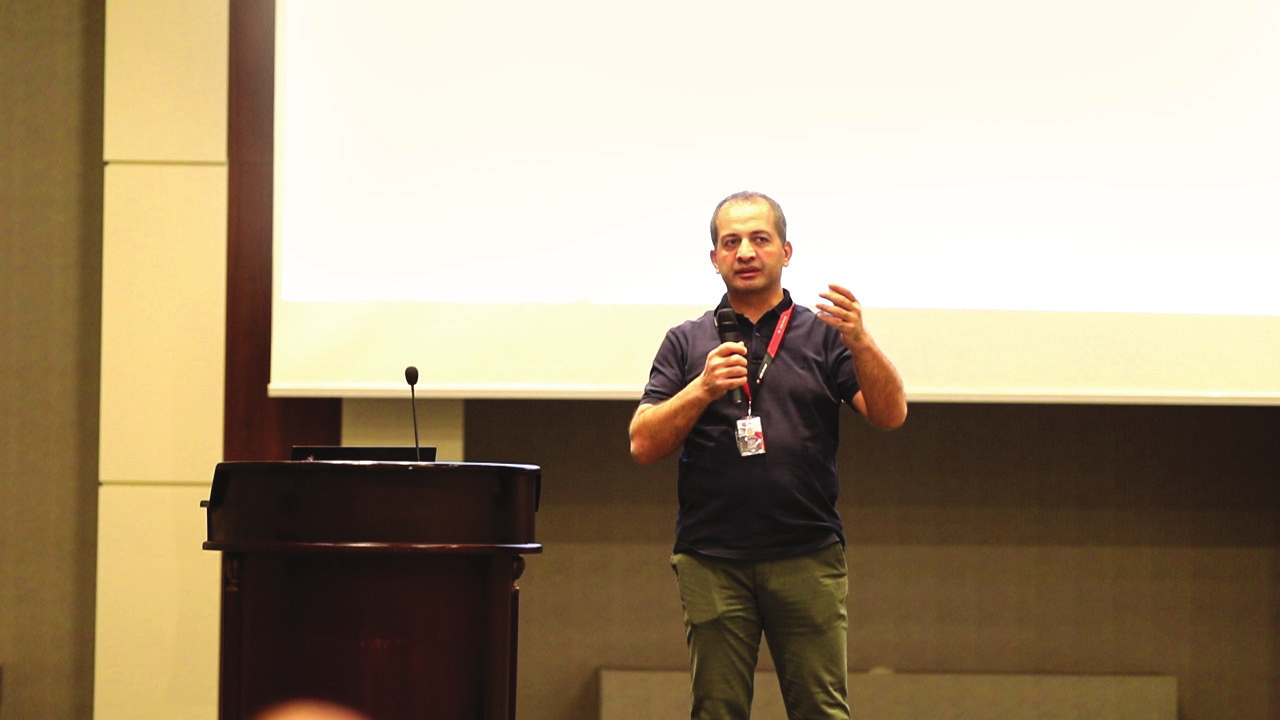Turkiye is a vital crossroad where two continents meet. Being a peninsula, it has the potential to be a key country, especially in maritime transportation, due to its geographical location in the middle of the three main continents: Europe, Asia and Africa. Historically, it has been important in world trade, especially the Silk Road.
The Turkish logistics sector has taken essential steps after Turkiye chose an export-based growth model in the 1980s. Despite some shortcomings, the Turkish Logistics sector, such as the railway, has reached the power to serve all markets.
As CSS Turkiye, we know we are at this critical crossroads and have great potential ahead of us. For this reason, we focus on the contributions we can make to our sector in transportation and all areas of supply chain management activities. We are taking small but sure steps in this regard.
 The two main development channels that we identified during our studies and that we focus on, as well as the main issues on which the global logistics industry has started to take action, are containers (multimodal products) and LCL transportation. The problems that need to be focused on in the next ten years are green logistics (Carbon Offset) and digitalisation.
The two main development channels that we identified during our studies and that we focus on, as well as the main issues on which the global logistics industry has started to take action, are containers (multimodal products) and LCL transportation. The problems that need to be focused on in the next ten years are green logistics (Carbon Offset) and digitalisation.
Since container transportation is the most critical part of global trade, creating tailor made solutions in this field and offering them to our customers is very important. These opportunities will provide us with customer satisfaction and loyalty and be one step ahead in private business. Each country will likely have its own conditions and dynamics, and we must develop suitable products.
For example :
- Air + Sea product : It can be used for cargo that is time-sensitive in regions with very high transit times but does not want to use aircraft or has procedure problems. We realised this as CSS Turkiye. Australia did not accept electronic products from Turkiye as air cargo. To transport the shipment by sea, we sent it to the final transhipment port as an airfreight, and after the transit procedures were completed, we loaded the cargo into a 20DC container and ensured that it was shipped to the store in Melbourne just in time for installation.
- Land + air product : The cargo will be shipped from Turkish airports as a charter. However, we have offered charter shipment from Amsterdam instead of Istanbul due to the
high product cost. We planned to truck cargo from Usak to Amsterdam. In this way, it became a 25% more cost effective project than TR. - If there are different entry or exit points for products with limited shelf life, it is essential to evaluate them. With our experience in this regard, we can offer our customers fast
and safe transportation suggestions. For example, when our Bahrain office requested a price for Bahrain egg shipment from Ankara, we quoted the price from Iskenderun, the last stop of the same service, instead of the nearest port, Gebze ports. We offered our customers 7-9 days short transit time, allowing them to reduce the risk of excessive wastage.
LCL transportation is vital in enabling smaller customers to offer their products to their own markets. As CSS Group, a company with a strong LCL network, we take different approaches with our service network that spreads across a diverse region with niche products. This gives us the power to remain decisive in the sector.
One of the future logistics imperatives is carbon footprint reduction. Even if it is not on the agenda right now where it should be, very shortly, states will take the necessary steps to ensure that measures are taken in all sectors on this issue through the pressure methods they will apply through laws and banks. With the European green agreement, the goal is to have 0 carbon emissions by 2050. According to the World Economic Forum, it is calculated that 5.5% of the world’s carbon emissions belong to the logistics sector. In this regard, we at CSS Turkey are in talks with service providers regarding Carbon offset studies and details for one of our customers’ loads. This issue, in particular, seems to force companies with business relations in Europe and North America to take the necessary steps.
Digitalisation has help reduce the environmental damage caused by logistics activity processes. Sustainability, which we call the protection of the environment without harming natural resources, has become the main agenda item of companies. Companies like us that provide logistics services should minimise environmental damage by focusing on green transportation, green packaging and green reverse logistics, which are called green logistics.
In this context, digitalised logistics companies will gain a significant advantage over companies that prefer traditional methods and prioritise investing in digital infrastructure. With our new software, which we focus on, it will be possible to track all our processes digitally through applications shortly. Paperless e-booking and e-bl would be our latest products, and we would track all cargo via the CSS app. Digital process management that is appropriate and ensures data security will benefit customers and service providers.